New Delhi, April 23, 2023: Amid the climate change concerns and global warming threats, tagging a brand with ‘green’ is becoming more of a compulsion for many brands than their real aspirations.
Brands today try to align themselves with consumers who are increasingly becoming conscious of environmental conservation and sustainable business practices. Such imagery brings them unique selling points also.
But many brands are just doing a greenwash which means that they overstate their green practices to boost their corporate image. Sample this: According to global market intelligence agency - Mintel, the number of green products launched in 2002 was only 5; in 2007, it increased to 328.
Greenwashing is a pervasive problem in today’s world, with companies making vague claims or faking data to make it seem like they are more environmentally responsible than they actually are. It is particularly ironic when companies accused of polluting nature sponsor large-scale events like Conference of the Parties (COP) 27, which are focused on addressing climate change and other environmental challenges.
Coca-Cola – The biggest plastic polluter
For example, Coca-Cola, one of the world’s largest plastic polluters, sponsored COP27, claiming that it aimed to support collective action against climate change.
Coca-Cola has been accused of greenwashing twice in two different cases.
In one case, Coca-Cola claimed its commitment to reducing plastic waste, in another, it promoted its product line of the low-sugar version, Coca-Cola Life, as a “green, healthy alternative”.
However, consumers have seen greenwashing in both the cases after nutritionists highlighted that the beverage wasn’t healthy. This prompted the company to remove Coca-Cola Life from the shelves. It was found that the low-sugar label misled consumers about the total content present in the bottle.
Furthermore, Coca-Cola, being one of the world’s largest plastic polluter went to court over its plastic waste claims.
Unfortunately, Coca-Cola is not alone with such greenwashing. Many other companies, including McDonald’s, Royal Dutch Shell, Volkswagen, Nespresso, Walmart, Red Lobster, Banana Boat, Unilever, Starbucks, PepsiCo, and Nestle, have been accused of greenwashing as well. Given their past actions, it is important to question whether such companies should be allowed to sponsor or participate in events focused on environmental issues.
AEPW’s failure in removing plastic waste from developing countries
Another example in the list is the Alliance to End Plastic Waste (AEPW), a non-profit organisation with headquarters in Singapore and supported by big oil and chemical companies like Shell, ExxonMobil, and Dow. The AEPW claims to be investing $1.5 billion to remove plastic waste from developing countries. However, on the flipside, the alliance did not fulfill its commitment to clean up the Ganges River in India. Furthermore, its associates and member organisations continue to produce more plastic.
Similarly, the bottled water industry is often seen exaggerating on its environmental sustainability approach by featuring green images of unspoiled nature on their labels adorning their plastic bottles.
Nestle’s greenwashing baby steps
It doesn’t end here. In 2018, Nestlé issued a statement for its packaging to be 100% recyclable or reusable by 2025. However, experts, activists and environmentalists say that it failed to establish clear objectives, a timeline to accompany its goals, or any additional initiatives to help customers in recycling. Greenpeace referred to Nestle’s statement as "greenwashing baby steps." In Break Free From Plastic's 2020 annual report, Nestlé, Coca-Cola, and PepsiCo were named as the world's top plastic polluters for the third year in a row.
Volkswagen’s falsified environmental claims
Europe’s major car manufacturer Volkswagen was caught counterfeiting emission reports on various models of its diesel vehicles in 2015. The automaker continued to woo environmental conscious consumers who were looking for vehicles with low carbon emissions based on their falsified claims for years. VW even claimed to have data to support their claims. However, the US Environmental Protection Agency found that on the contrary, the cars were emitting up to 40 times more pollution than advertised. It resulted in a number of legal actions and billions of dollars in fines.
Amrit Om Nayak, Co-founder & CEO, Indra Water states, “Greenwashing is detrimental for all stakeholders involved. Greenwashing exposes corporates to regulatory and compliance risks without securing resources for uninterrupted business activity.”
Despite heavy penalties and damage to their brand image, companies continue engaging in greenwashing, exposing themselves to regulatory and compliance risks without securing resources for uninterrupted business activity.
Let’s understand every aspect of greenwashing.
What is greenwashing?
Greenwashing is an act of selling your product/brand/services as champions of environment, carbon neutrality and community engagement when in actuality they are not through branding or rebranding. It’s when companies spend more time, energy and money in marketing and branding as environmentally friendly than on actually minimizing its environmental impact. It’s a mendacious marketing gimmick meant to lure and mislead consumers who prefer buying goods and services from environmentally conscious brands.
Why do companies Greenwash?
Companies and even the governments sometimes actively participate in greenwashing to a certain extent. This is generally done to meet the demand of the sustainable or green solutions without making any amendments in the ways and processes of doing business.
How do companies engage in greenwashing?
Companies engage in greenwashing via rebranding, press releases and commercials touting their clean energy or pollution reduction efforts, changing corporate logos, making big claims that can’t be accounted for or measured, marketing themselves as “green” or environmentally friendly, etc. While these companies show themselves to be pro-planet earth, in reality they are not. In other words any unsubstantiated claims to sell their products and services via the way of promoting them as green or environmentally safe is how companies engage themselves in greenwashing.
Why is greenwashing bad?
The biggest damage that greenwashing (if identified and revealed) can do to the companies is kill or seriously damage their brand and reputation, as it’s disingenuous and unethical. Greenwashing misleads and cheats the consumers and the investors who are genuinely looking for environmentally friendly products and services. The green labelled products can also be sold at a premium price bracket that leads the consumers to overpay.
Thus, if identified, the companies can be penalised which ultimately leads to losing stakeholders trust. In other words, this can damage the entire business chain. Financial penalties, legal actions, loosing stakeholders and consumers’ trust will ultimately hurt the business.
How can greenwashing be spotted?
Greenwashing can be identified easily or with some difficulty depending on the sector and industry we are talking about. For instance, in case of industries like fossil fuels and aviation, it’s easier to spot or identify greenwashing, as the fossil fuel sector rebrands itself more often as “green” and environmentally friendly by promoting the idea of “clean coal” or pushing natural gas as a sustainable energy source. Similarly, the carbon offsets offered by aviation companies to their consumers as a choice are recognised to have almost insignificant environmental effect.
In most cases however, the companies lack any clear evidence to back up their claims of green or pro-planet products and services that they make in their advertisements and product labels. Though it becomes difficult to verify greenwashing, but third-party research and analyst reports can help. Sometimes the product’s ingredients list itself reflects the truth. The products that are genuinely green are mostly certified by an official vetting organisation and that will be clearly labeled on the product.
To identify greenwashing and ensure protection to consumers, organisations like the US Federal Trade Commission (FTC) exist. The organization enforces laws designed to ensure a competitive, fair marketplace. It also offers guidelines on how to differentiate real green products from the greenwashed.
How’s greenwashing related to consumer behavior towards sustainable goods and services?
Do you know that the demand for sustainable and environmentally-friendly goods/products is on the rise? Various reports show us that with more awareness, consumers are buying products that are sustainable and have been manufactured with nature-friendly practices.
According to GreenPrint’s 2021 Business of Sustainability Index, 64% of Gen X consumers spend more on a product by a sustainable brand, and this number goes up to 75% in millennials.
Though to save money and effort towards being environmentally responsible, companies save some bucks and ignore putting any real effort in this regard, they fail to understand that greenwashing has a cost attached to it.
Furthermore, in the past five years, online searches for sustainable goods have increased by 71% globally, according to The Economist Intelligence Unit. Consumers are becoming more aware and with that awareness they are engaging with sustainable businesses in ways that they previously ignored.
Brands should learn from companies like PayPal that prioritize social responsibility, setting an example for employees and customers. It has achieved the target of running all its data centres on renewable energy two years ahead of its target. Furthermore, the company aims to achieve net-zero carbon emissions by 2040. It’s also known as one of the best companies when it comes to train its employees towards sustainable practices and implement sustainable practices.
There’s a shift in consumer buying. Consumers are willing to pay more for environmentally sustainable products and services, as environmental stability is on high priority for many. Since this is the case, it’s crucial for businesses to do their part to lower their carbon footprint. Their commitment and actions towards responsible and sustainable business has to strengthen further. Companies across industries have to lead with purpose, including embracing the circular economy as a greater opportunity to drive growth and competitive agility.
Way forward – On the lines of EU’s proposed law
Countries need to have laws and enforce their implementation to closely assess ways in which companies are doing businesses and its social and environmental impact like what EU is doing. According to the proposed law, companies will have to prove their climate action. The proposal aims to fight misleading environmental advertisements and crackdown on companies that promote their products as 'climate neutral' or 'containing recycled materials'. Under the law companies would require to substantiate their claims towards green or sustainable products/services. It will solve the issue of greenwasing to a larger extent. "By fighting greenwashing, the proposal will ensure a level playing field for businesses when marketing their greenness," the draft document states.
What should be done?
It’s critical for the organisations to investigate and report on corporate sustainability claims. Genuinely sustainable companies should be promoted and incentivized, and those which are not should be called out and penalised.
In his remarks at the Economist Impact’s eighth annual Sustainability Week, UN Secretary-General António Guterres said, "In every sense, the temperature is rising. People want action. Don’t allow yourselves collateral damage. Now, more than ever, people expect corporate leaders to speak up, act and end greenwashing.”
Tips to avoid greenwashing
- Companies should have clear statements about the environmental benefits that are simple to understand and verify.
- Avoid half-truths and refrain from overstating benefits with creative maths
- Specify what the claims refer to
- Marketing, advertising, or packaging should avoid green imagery
- Accreditations and certifications must be verified to ensure their authenticity and trustworthiness.
- Transparently share the company’s plans for reducing its carbon footprint and record the carbon footprint reduction
You may also be interested in:
Samsung India partners with IIT Delhi and MeitY Startup Hub for 2nd edition of Innovation Competition
PepsiCo joins hands with Cropin to launch Crop Intelligence Model for India
Malaysia Aviation Group partners with CHOOOSE to provide emissions transparency and climate action to customers
"Besides promoting healthy athletes, we also focus on building communities through unified sports, youth activation, sibling engagement, family support network"
Flipkart Foundation joins hands with TRRAIN to boost employment opportunities for PwDs
“Education is meant to be the greatest equalizer for all, so we must build solutions that are truly inclusive”: Pankaj Agarwal, CEO, TagHive







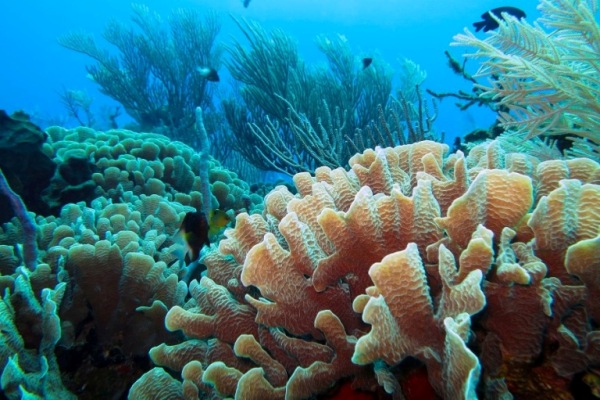

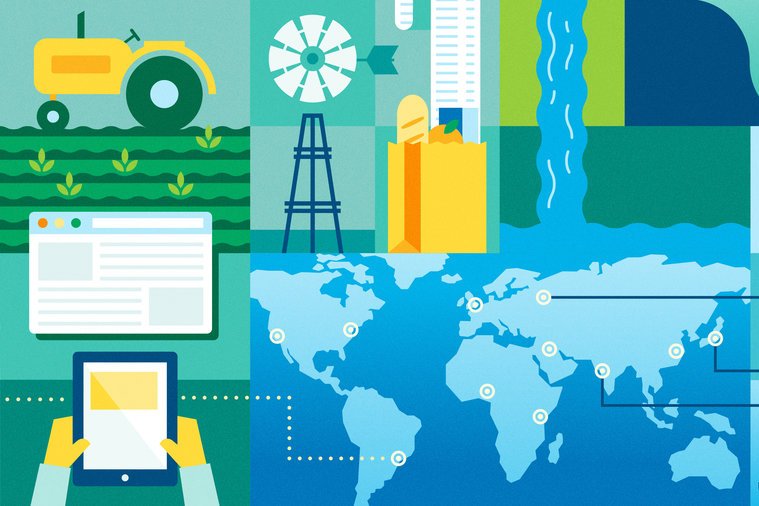
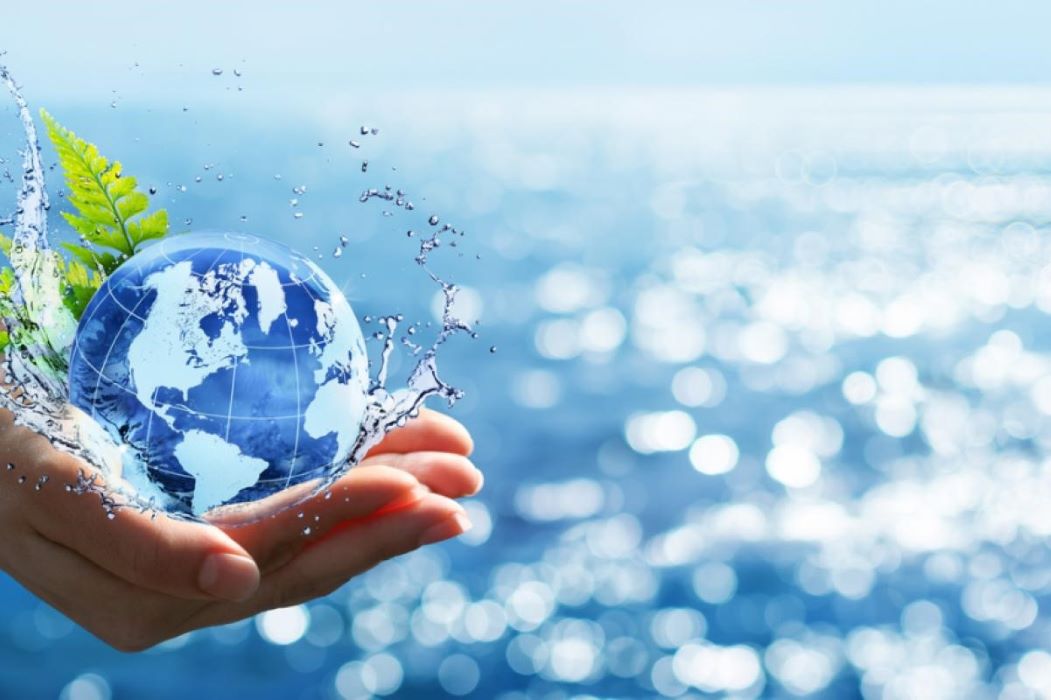

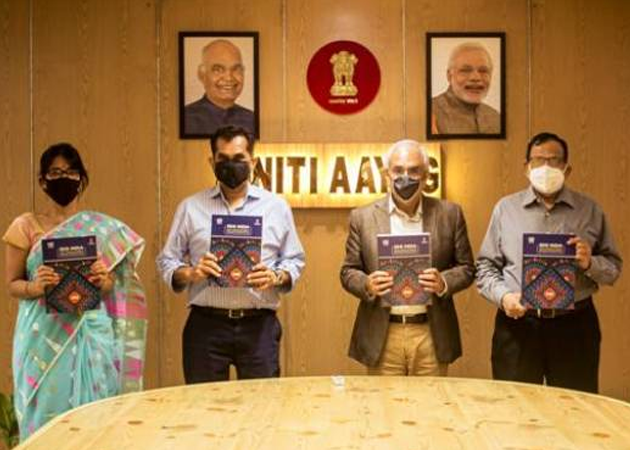
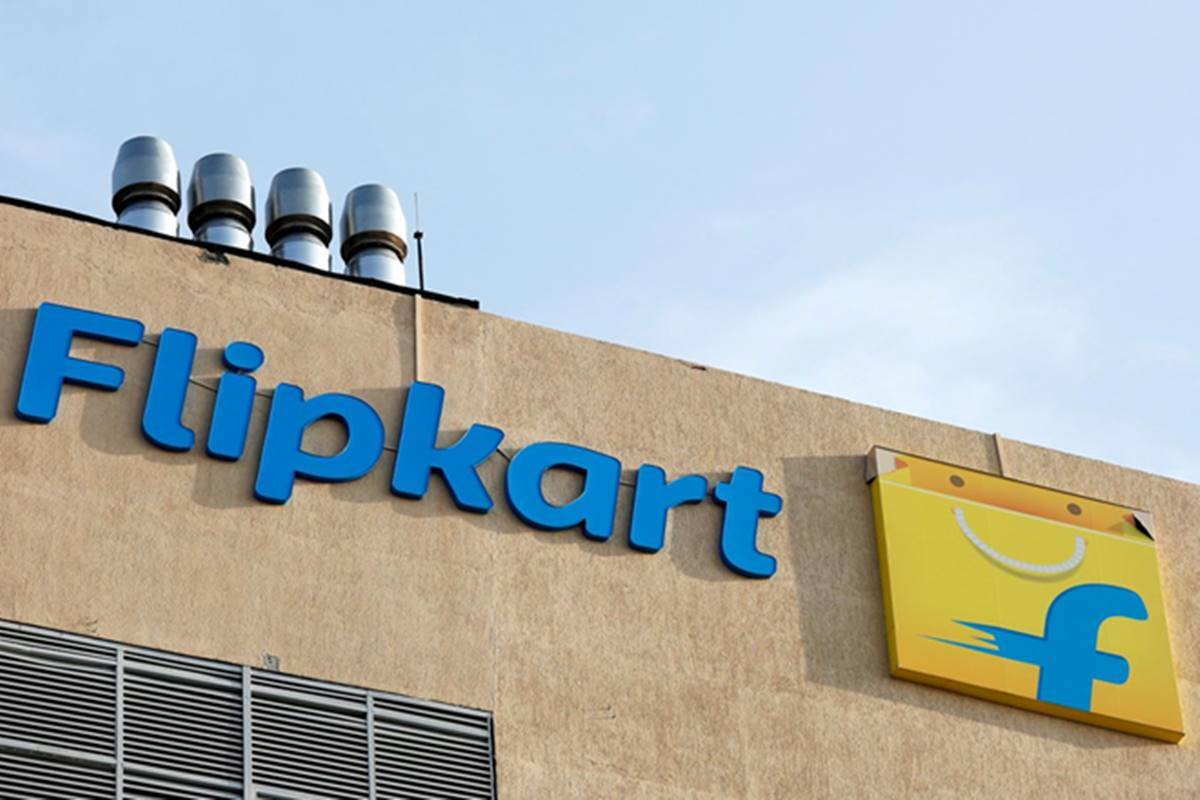



.jpg)


